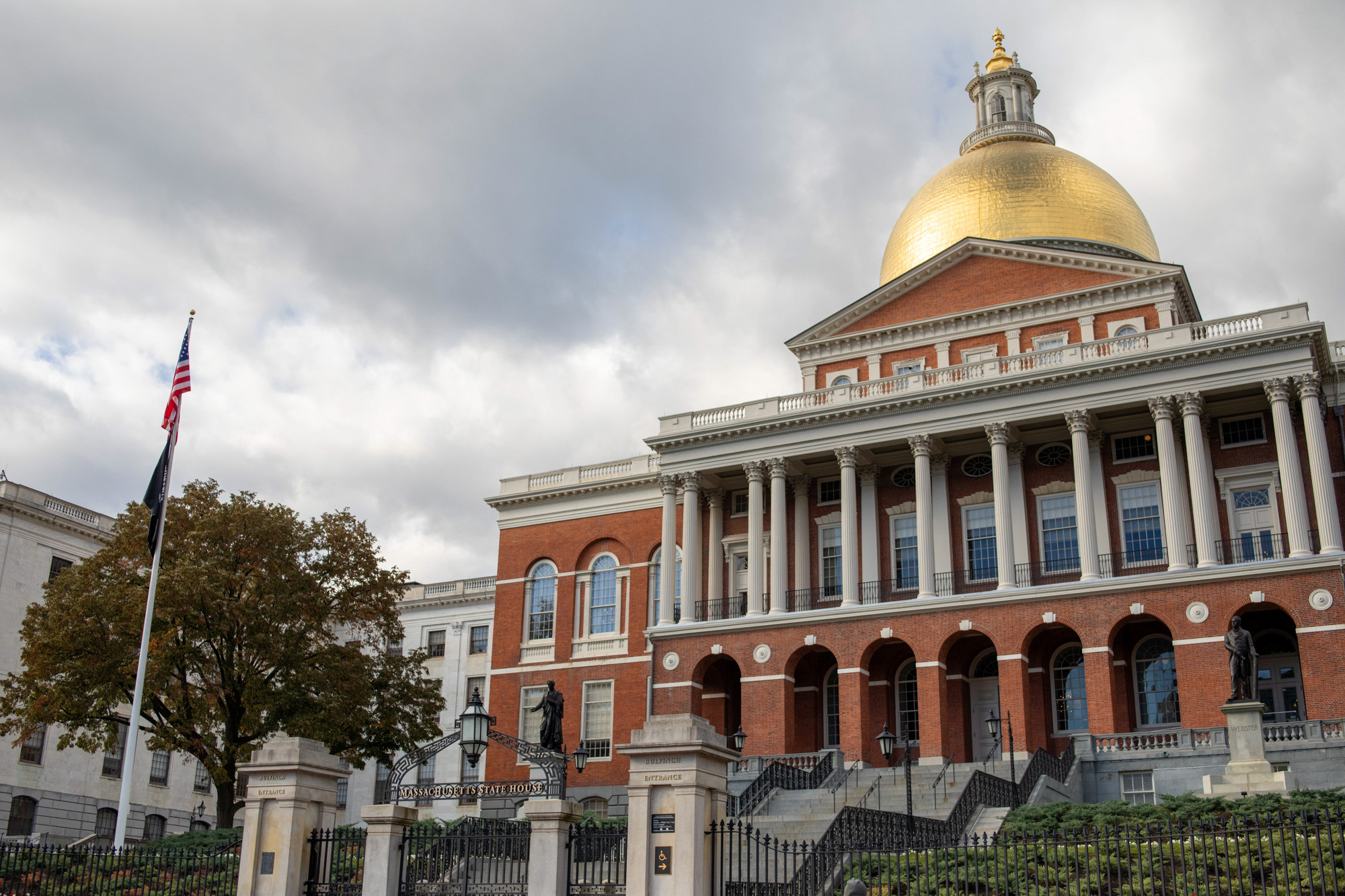The Massachusetts Commission on the Status of Persons with Disabilities hosted its annual National Disability Employment Awareness Month Celebration at the Massachusetts State House on Wednesday.

NDEAM is observed every October to celebrate the talents and contributions of employees with disabilities in the U.S., according to the U.S. Department of Labor.
The celebration began with a panel discussion on accessible voting, followed by the main celebratory event, during which awards were presented. The celebration ended with a panel discussion on employment accessibility and inclusion.
Sarah Wiles, client assistance program advocate at the Massachusetts Office on Disability and panelist at the celebration, said the event aimed to “normalize disability in the workplace.”
“[These panels] demonstrate to employers, hiring managers, HR representatives, that hiring someone with a disability is not a negative or scary thing,” Wiles said. “It’s really positive and can enrich the workplace in so many different ways.”
Panelist and Secretariat Chief Information Officer at the Executive Office of Energy and Environmental Affairs Greg Martin also discussed employment inclusion.
Martin said employees with disabilities benefit from a “fulfilling” work experience, while employers benefit from increased diversity in the workplace.
“You’re tapping into a much larger talent pool of people with different types of brains, different perspectives and different approaches to solving problems,” Martin said.
Becky Curran Kekula, employment chair of Little People of America, discussed the challenges of seeking employment as a person with dwarfism and a power wheelchair.
“I went on 100 interviews over the course of four months,” Kekula said. “Every time I walked in the door, I was judged based on my appearance, and I don’t want that to continue to happen to people.”
Kekula said that while more people with disabilities are securing jobs, there needs to be more improvement regarding “retention and advancement,” such as more “people with disabilities in leadership positions.”
Kekula also said many job environments are not “psychologically safe” for “current employees to come forward and share their experience with disability.”
Collette Divitto, CEO of Collettey’s Cookies, a company advocating for more jobs for the disability community, said she is “heartbroken” for people with disabilities who are unable to find jobs.
“What they have to do is to not give up on their hopes [and] be willing to work hard and love what they actually do,” Divitto said.
Additionally, the event recognized and celebrated the progress made in the state regarding employment accessibility.
Lt. Gov. Kim Driscoll discussed the September legislation signed by Gov. Maura Healey’s administration, which renamed the Massachusetts Rehabilitation Commission to “MassAbility.”
This legislation provides a “more inclusive model for disability career services and independent living” and eliminates “outdated terms” from general laws, according to a press release from the Massachusetts Executive Office of Health and Human Services.
Martin said Healey’s executive order for state agencies to implement skill-based hiring has promoted disability inclusion in Massachusetts workplaces.
“What it forces all of us, as hiring managers, to do, is boil the job down to what it really is,” he said.
Martin said skills-based hiring eliminates “unnecessary” aspects of the employment process, such as higher educational and physical strength requirements, which makes individuals with disabilities “less likely” to apply for certain jobs.
Sen. Michael Barrett said that while progress has been made in disability employment accessibility, acknowledging the ongoing challenges is also important.
“People with disabilities are frequently underestimated in terms of their capacity to do the job,” Barrett said. “This is just a reality that all of us need to continue to conquer and deal with to overcome.”
Cyn Brown, a senior at Granite Academy in Braintree, said they enjoyed attending the ceremony and hearing stories of progress within the disability community.
Brown, who uses they/them pronouns, said they have concerns about how their disability may affect their aspiration to become a civil rights paralegal.
“I have an overactive immuno-nervous system … which can cause migraines, passing out, not being able to move, extreme nausea,” Brown said. “I’m stressed about being able to be in the real world and work with that.”
Ewidji Vincent, a fellow at Massachusetts Advocates for Children, also attended the celebration.
“All of us are human. All of us have the same feelings that you guys have. All of us deserve to be heard,” Vincent said. “If we have [the] tools or accommodation that we need, we will succeed.”


















































































































